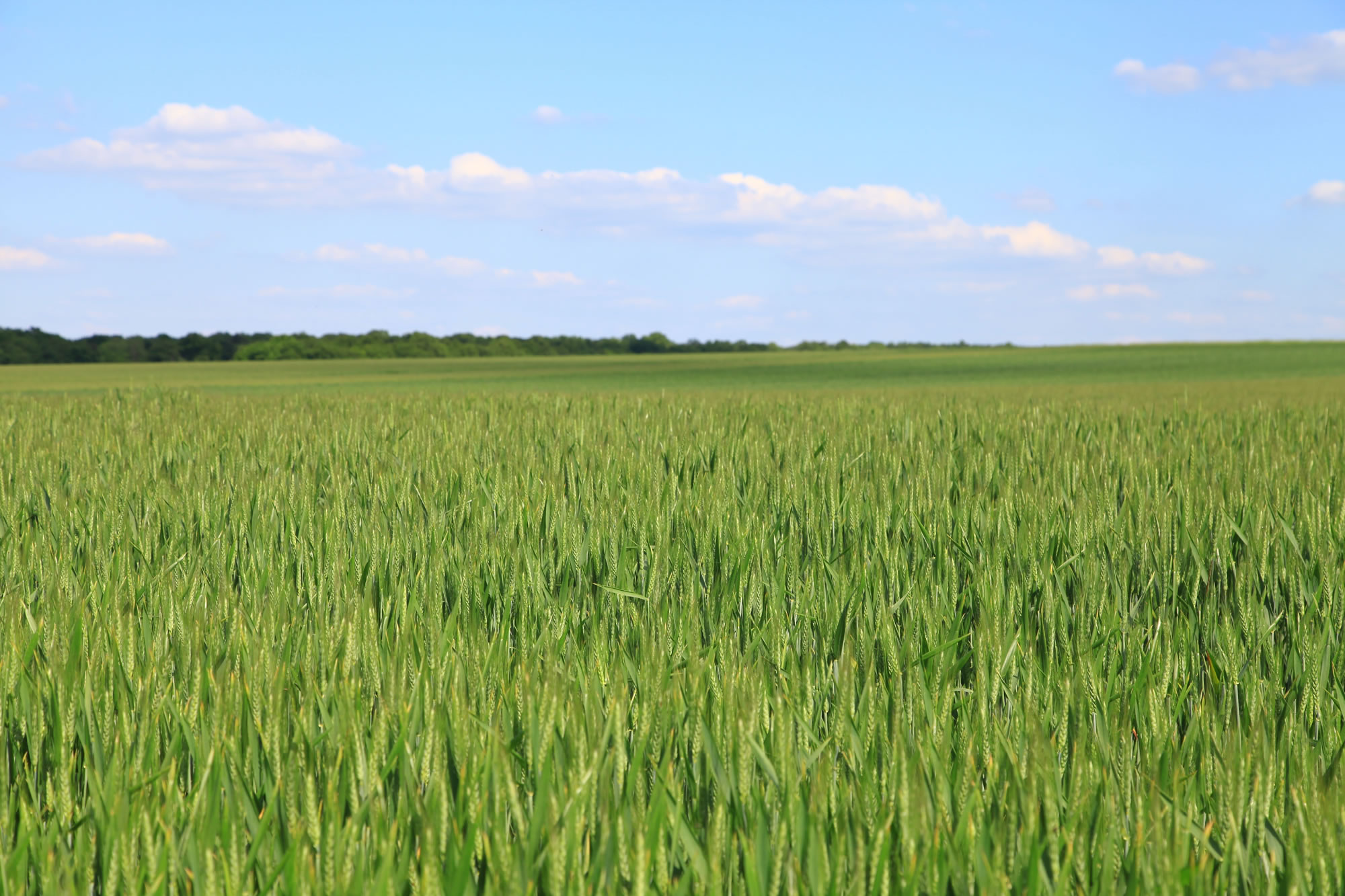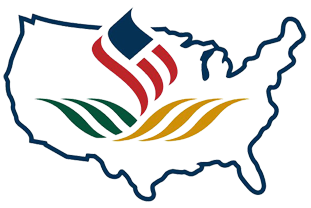The U.S. Custom Harvesters Hall of Fame
INDUCTEES OF USCHI HALL OF FAME
 Phyllis Weiss - (2008)
Phyllis Weiss - (2008)
At the beginning of 1983, sitting around our kitchen table, my father-in-law, George Weiss, suggested that custom harvesters needed an organization to represent them. Several issues were on our minds at that time including the inequities between U. S. and Canadian harvesters and the jobs lost to Canadian Custom Harvesters, the impact of the farm bill on custom harvesters, high worker’s comp rates, insurance, highway permits and other issues that affected our industry. We discussed what it would take to get custom harvesters united into one group that could use its leverage to help make positive changes to the laws that affected our business.
That’s all it took. We began to talk about what it would take to get the ball rolling. We needed one voice backed by many voices to rattle the chains a bit. That started what has become a 25-year journey riddled with highs and lows, victories and losses.
This was a grassroots effort and began with hundreds of phone calls to our harvester friends, our state and federal representatives, the Labor Department, and anyone else who would listen. We wrote hundreds of letters explaining our plight with the Canadian Harvesters, and spent hours upon hours studying the history behind this situation and investigating the Immigration and Naturalization Act that governed the admittance of the Canadians into the U.S.
We wasted no time. We knew time was a limited commodity and if we were going to see positive changes made before the 1983 harvest, we had to get moving. We arranged for a meeting in Canyon, Texas and invited every custom harvester we could get in touch with as well as all of our state and federal representatives. The meeting was held on April 8, 1983. My memory fails me as to how many we had in attendance, but it was a good number. According to an article in Farm Journal in February 1986, we had 150 people there. I know it was a good crowd and we even managed to get some of our representatives to attend. As a result of that meeting, U. S. Custom Harvesters, Inc. was formed and the first Board of Directors elected, including J. L. Pettiet of Tulia, Tx as President (they actually asked me to be President, but I thought this organization would have a better chance of being taken seriously if there was a man at the helm…this was 1983 afterall), Rex Davey of Plainview, TX as Vice President, and me as Secretary/Treasurer. We were incorporated as a non-profit corporation.
After our first meeting, things took off like wildfire. We were invited to testify before the Task Force on Immigration appointed by then Texas Governor Mark White. We thought it was a good chance to have our story heard although this was more of a federal issue and they were more concerned with our southern border.
Within two weeks, the Immigration Department has changed the visa for Canadian harvesters from a B-I (visitor visa) to an H-2 (business visa). Unfortunately, they also gave the Canadian harvesters an 80 day parole period which meant it would not take effect until the 1983 harvest season was well underway. However, according to U. S. Customs in 1982 there were 700 Canadian Custom Harvester who entered the U. S. to work and that dwindled to 361 for the 1983 season. This was a small victory for us. We at least got everybody’s attention. They say the noisy wheel gets the oil and we did make some noise. Our intention was not to hurt anybody. We just wanted the U. S. jobs to go to U. S. harvesters as long as there were U. S. harvesters to take the jobs. Acreage was being reduced due to the government’s new PIK program so acreage for harvest was a precious commodity. Another result of our “noise” was the formation of the Canadian Custom Harvesters Association. I think we made then a little nervous.
We had the backing of large organizations, such as National Wheat Growers and Texas and American Farm Bureaus. In 1984, National Wheat Growers offered the use of their team of attorneys in Washington, D.C. to research the Immigration issues and come up with a solution. I went to Washington to meet with the attorneys. As it turned out there was a relatively simple solution, one as simple as changing the definition of one word in the Immigration Act. However, as everything in Washington goes, it carried a hefty price tag and of course the results were not guaranteed. When the solution was presented to the members at our annual meeting, we determined we could not raise the funds to fight the fight. At least we had brought this issue to the surface and some positive changes were made. That is what it is all about.
We had other issues that needed our attention. By July 1985, our membership had grown to 460 members from 19 states (also noted from the Farm Journal article). There were good people in each state willing to work toward a common goal….the improvement of our industry for all of us and for our children.
We published a monthly newsletter, at least in the months we were not on harvest. We had many associate industry businesses interested in sponsorships for our meetings and our newsletter, including the major equipment manufacturers, insurance companies, and equipment dealerships.
Richard and I traveled all over the heartland holding membership meetings in an effort to reach more custom harvesters and show our support for our state delegates. In the beginning, I was told “You will never get custom harvesters to unite into one group. They are too independent.” Well I guess we showed them. In 1985, exhaustion set in. After 2 years of 24/7 dedication to the organization, I turned the day to day activities over to a paid staff in an office in Tulia, TX.
The formation of a trade organization to represent custom harvesters may have been one family’s dream in the beginning, but over the last 25 years hundreds of harvest families have kept that dream alive. No one is more proud than I am of the work this organization has done and the mark it has left on agriculture in the U. S. God bless your continued efforts.
-- Phyllis Weiss




